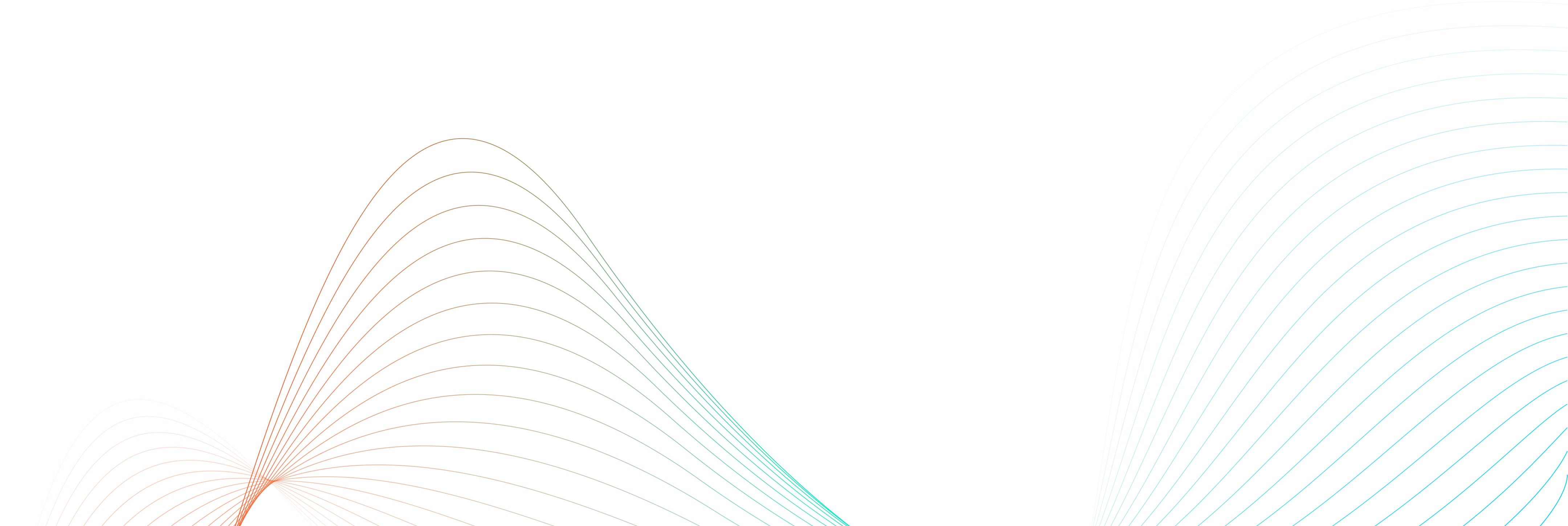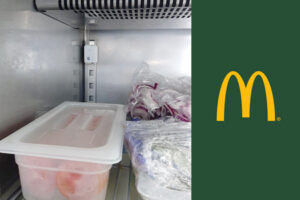
How McDonald’s France is deploying IoT to monitor the cold chain in its kitchens

A project initially carried out to monitor the cold rooms in McDonald’s France restaurants
JRI solutions for monitoring the cold chain have been extended to refrigerated and frozen units in the kitchens of several hundred restaurants in France.
More and more catering professionals are realising the benefits of installing an IoT solution in their kitchens to ensure that the cold chain is maintained – a vital requirement for ensuring that food is properly preserved and that it is safe to eat.
Automated readings, real-time alarm transmission, simple data management, food safety and a rapid return on investment… these are the reasons why McDonald’s Operations & Quality Departments have decided to set up a vast programme to deploy Nano SPY mini temperature recorders in all the network’s kitchens over 2023 and 2024.
More than a decade of collaboration to monitor the cold in kitchens
A pioneer in Internet-connected measurement and monitoring solutions, JRI began working with McDonald’s in France around ten years ago, installing the SiriusWeb temperature monitoring system in the kitchens of the Montbéliard franchise.
One of the objectives of the Restaurant Manager was to facilitate the work of his staff, who had previously had to take temperature readings manually every four to five hours.
“Reliability is an invaluable asset for us.
With the JRI solution, we can avoid errors when taking manual temperature readings and guarantee impeccable food safety, the most important element in catering.
Mahmoud Sellami, Supervisor of the 6 franchise restaurants in Belfort / Montbéliard
JRI then began working closely with the Quality and Environmental Equipment teams at McDonald’s France, who referenced SiriusWeb on a national scale.
Over the years, the monitoring system has proved its worth, providing automated and effective traceability of the cold chain within each equipped restaurant.
The reliability of the temperature recorders, combined with the user-friendly software for supervising measurements, managing temperature alarms and carrying out calibration operations, has led more than 1,300 McDonald’s restaurants in France to equip themselves with the SiriusWeb solution over the last ten years.
With the 2019 launch of the JRI-MySirius solution, the partnership between the two companies has only grown stronger.
Indeed, the next-generation monitoring solution is based on precision mini IoT temperature sensors and groundbreaking software features for :
- estimate the core temperature of each preserved productin real time using mathematical algorithms
- automate monitoring according to the operating periods of each of the enclosures
This innovation is even being exported across the Mediterranean: all McDonald’s restaurants in Morocco have also chosen the JRI-MySirius solution for 2022, and many other countries are ready to follow this trend.
Rapid return on investment and enhanced food safety
The deployment of the JRI-MySirius solution in the kitchen of a McDonald’s restaurant began with the installation of a Nano SPY mini temperature recorder in the positive and negative cold rooms as well as in some refrigerators.
Today, in addition to the probes in the cold rooms and the salad bar, new probes for refrigerated and frozen chambers have been added tooptimise monitoring of the cold chain.
The measurements taken by the sensors are transferred automatically. The web software allows you to see the temperature of all the equipment under surveillance at a glance , and toact quickly to protect products in the event of an incident.
“The JRI-MySirius solution alerts us by text message, phone call and e-mail as soon as there is a temperature difference of a few degrees. This saves us losses in the event of an incident.
One night, we had an alert after the restaurant had closed because the door of a cold room had been badly closed. As a result, we were able to avoid over €5,000 worth of damage”.
Mahmoud Sellami, Supervisor of the 6 franchise restaurants in Belfort / Montbéliard
Mandatory calibration work on each sensor is carried out by a simple exchange in rotation with equipment calibrated beforehand in the JRI metrology laboratory. The corresponding metrological certificates are automatically added to the dedicated document area of theJRI-MySirius application, enabling a rapid response in the event of a health inspection.
Current developments will enable managers toself-calibrate their connected sensors, thanks to a metrology procedure integrated into JRI-MySirius and in collaboration with the JRI Metrology laboratory.
Opening up to energy consumption monitoring
Once the Nano SPY connectivity structure has been deployed in a restaurant, it is easy and cost-effective to add a few additional Nano SPY sensors to measure electricity, water and gas consumption.
At a time when energy prices are soaring, this is a particularly interesting opportunity to get a better grip on restaurant operating costs.


